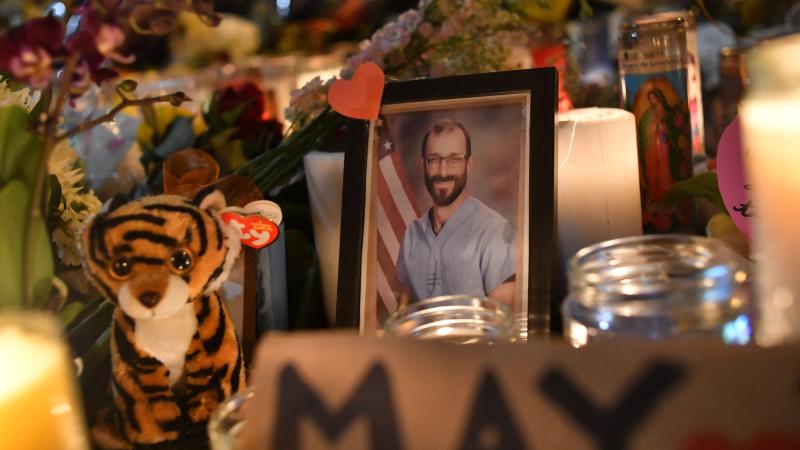Influential coronavirus model reduces Florida's projected deaths by over 70%
Some beaches and parks in the state have begun reopening as outlook grows better.
A major coronavirus model on Friday radically revised downward the number of expected COVID-19 deaths in Florida, painting a relatively optimistic picture for the state even as its governor had earlier received criticism for refusing to lock it down until the beginning of April.
The "Murray Model," developed by scientists out of the University of Washington and repeatedly cited by White House officials over the course of the pandemic, had earlier this week projected 4,748 deaths from the coronavirus through August. On Friday the scientists in charge of the model sharply downgraded those estimates, now projecting a total of 1,363 deaths over the course of the spring and summer.
That revision, which represents a 71 percent total reduction in the number of expected deaths, comes after experts and pundits predicted a catastrophic death toll from Florida's relatively late stay-at-home order. While many states instituted strict lockdowns from early to mid-March, Florida Gov. Ron DeSantis refused to do so in his own state until early April, leading Democratic presidential candidate Joe Biden to slam DeSantis for not taking "science-based action" to the outbreak.
DeSantis defended his decision at a March press conference, arguing: "There’s a lot of negative impact from [the lockdowns]. People are going to go out of business. People are going to lose their jobs." The state did shut down its schools in mid-March, while some local authorities imposed their own stay-at-home orders and business shutdowns.
On Friday, Jacksonville Mayor Lenny Curry announced the city's beaches and parks would be re-opened to the public, though people are still not permitted to use them for recreation other than walking, running and other forms of exercise.
Florida has seen around 750 deaths from the disease so far and currently has about 3,700 residents hospitalized.
















